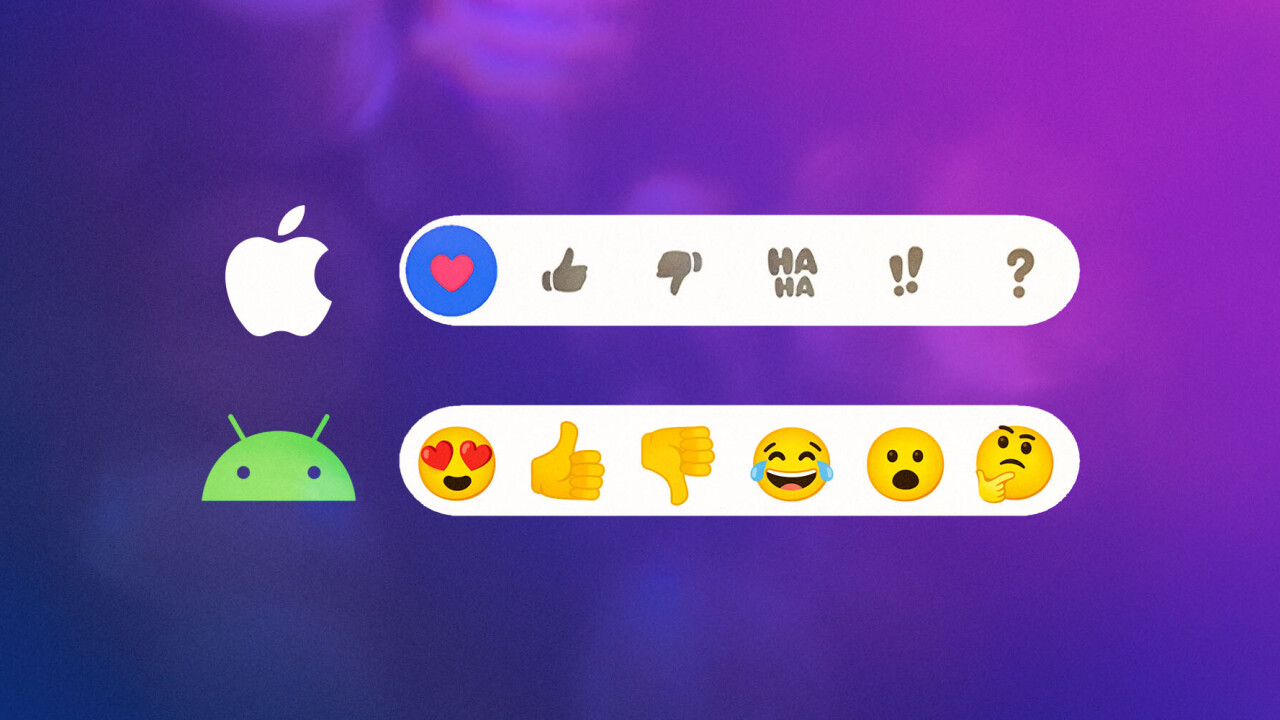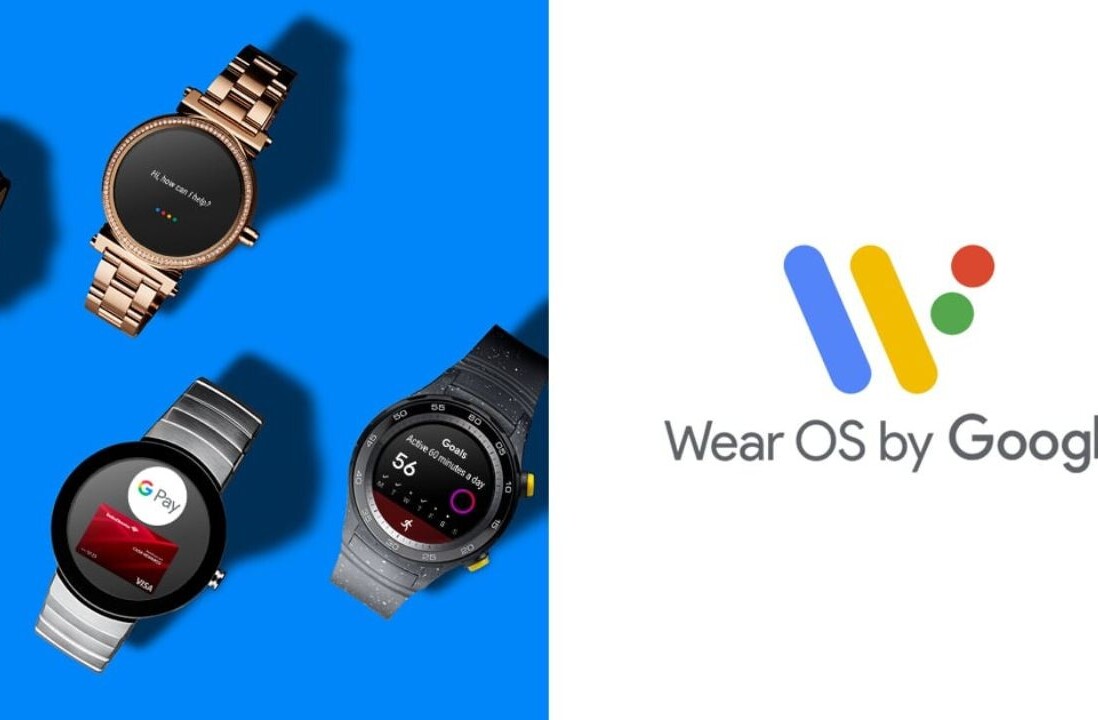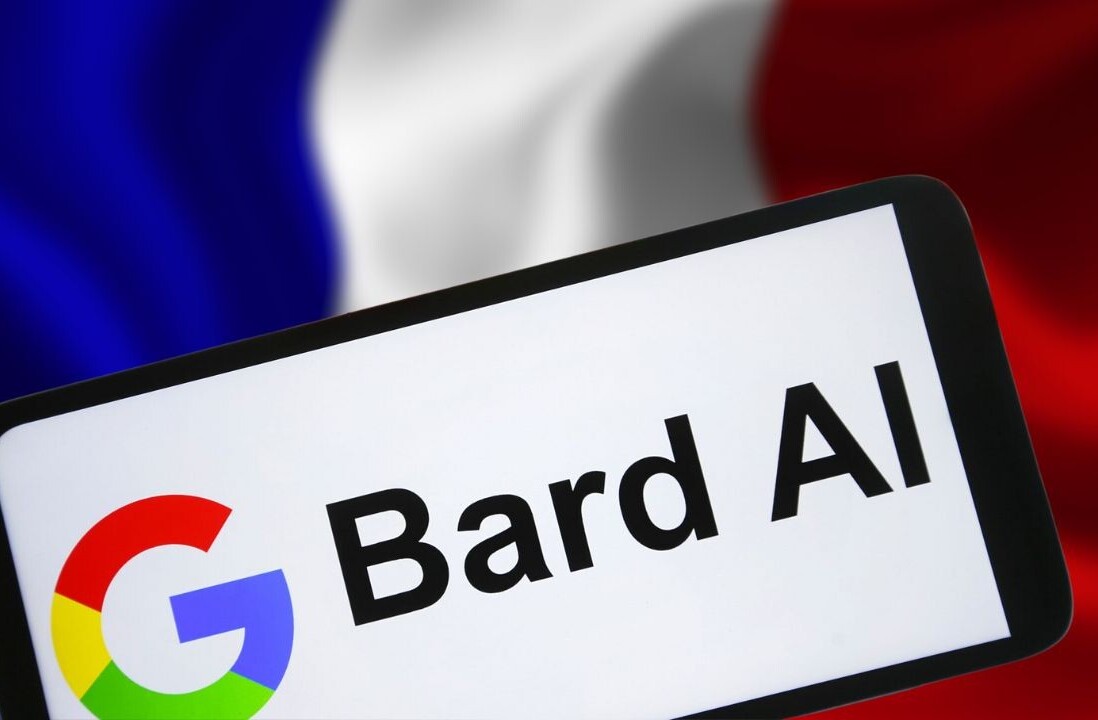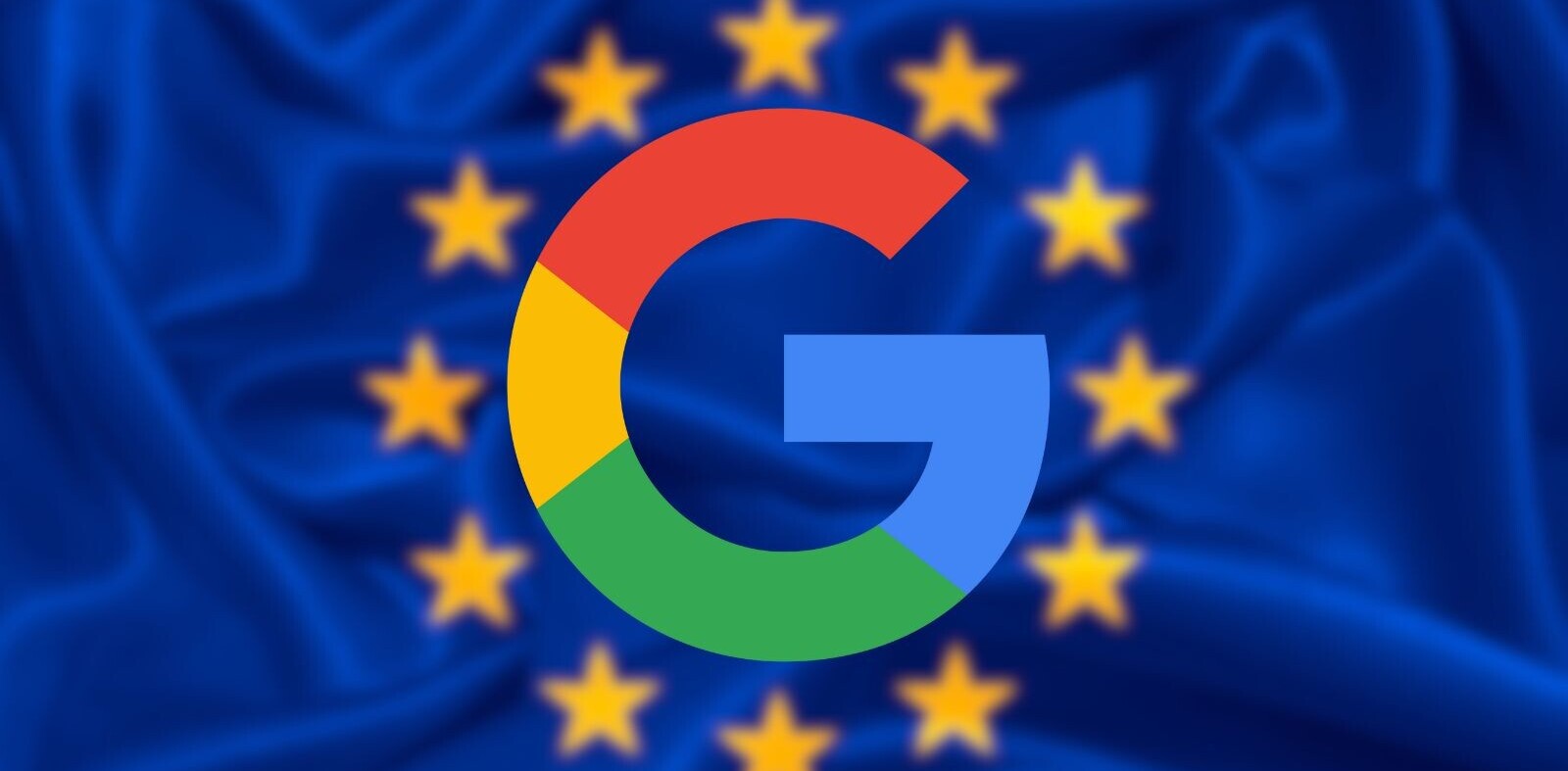
As someone who has never owned an iPhone and generally does his best to avoid people who do (kinda sorta kidding), I remember being mystified when I’d receive a cryptic message from a friend telling me they “Loved” a text message I’d just sent. Gee, thanks for letting me know. It took me an embarrassingly long time to realize that this was just the way iOS reactions to text messages show up on Android.

After all these years, it seems Google has seen fit to find a solution. As spotted by 9to5Google, the latest beta of Google Messages—the default SMS app on many Android phones—is rolling out support for iMessage reactions. The feature is still limited to a few users in the beta (I wasn’t able to get it working just yet), but it seems Google is nonetheless preparing for a wider roll-out.
iPhone ? @android. Reactions showing properly in messages app https://t.co/oJKQTeOwAq pic.twitter.com/nMa8k7E5W7
— Mark Guim (@markguim) February 1, 2022
In case you’re like me and have little experience with fruit-logo phones, the iMessage feature (technically called ‘Tapback’) has been around since iOS 10 was released in 2016. It works similarly to reactions on other platforms like Facebook — double tap on a message to send any of 6 reactions:
- Heart
- Thumbs up
- Thumbs down
- A “Ha Ha” symbol
- A pair of exclamation points
- A question mark

On Android devices, these reactions show up as cryptic text:
- Loved “____”
- Liked “____”
- Disliked “____”
- Laughed at “____”
- Emphasized “____”
- Questioned “____”
This can look weird at best and lead to miscommunications at worst — and is just another way Android users tend to feel alienated from iMessage users. I’m not gonna lie, I didn’t even realize until writing this article what “Emphasized” actually meant.
The Google Messages beta instead now shows emojis in place of the awkward text. These don’t translate perfectly, but it’s a massive aesthetic and usability improvement if you ask me.
- Loved: ?
- Liked: ?
- Disliked: ?
- Laughed: ?
- Emphasized: ?
- Questioned: ?
That said, I’m sure these emoji will still lead to some confusion now and then. I mean, exclamation points could certainly mean ‘wow,’ but I could also see it being used to mark something as urgent. It’s also worth considering that the emoji might indicate a different tone than intended by the iOS user; a question mark symbol is pretty straightforward, while I interpret the emoji as more doubtful or suspicious than questioning. It’s hard enough getting tone across via text without emoji being misunderstood too.
It’s especially puzzling as, I mean, there are emoji for those symbols. Come on, Google❗ It’s not that hard, right❓See, I did it.
In Google’s defense, these are the same symbols the company uses for RCS, which it’s been desperately trying to convince Apple to adopt. So it makes sense that Google would want to maintain consistency for RCS users. Still, I feel like there might’ve been a better solution, like perhaps simply adding the iOS reactions to the RCS batch.
But hey, it’s a start.
Get the TNW newsletter
Get the most important tech news in your inbox each week.




